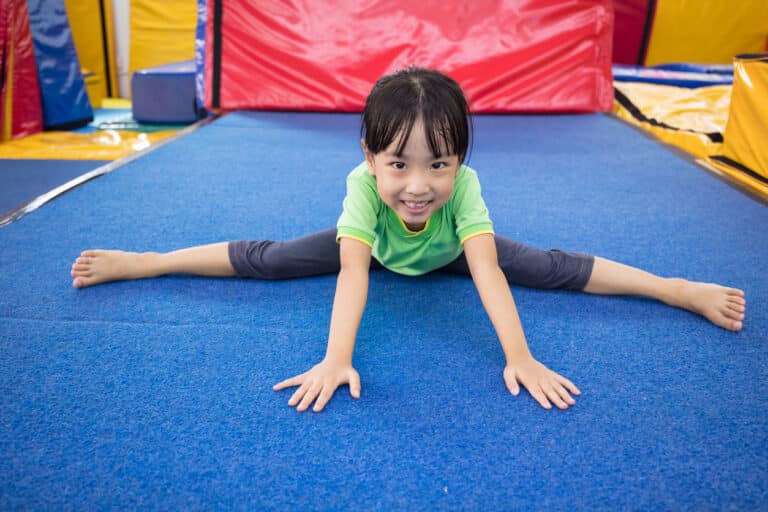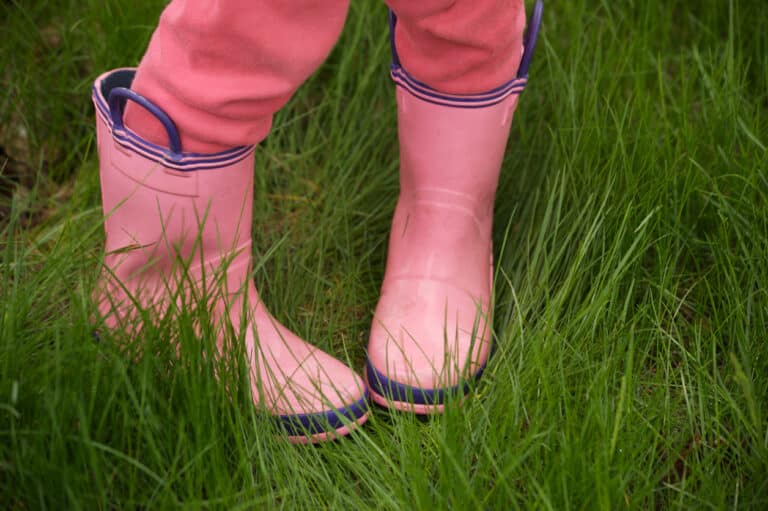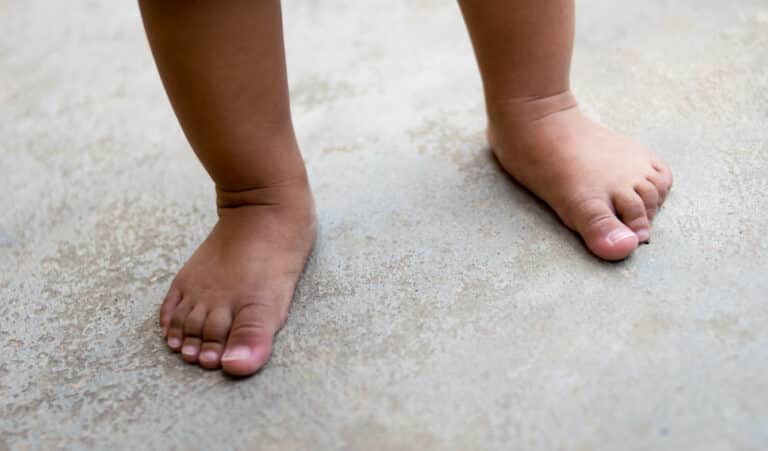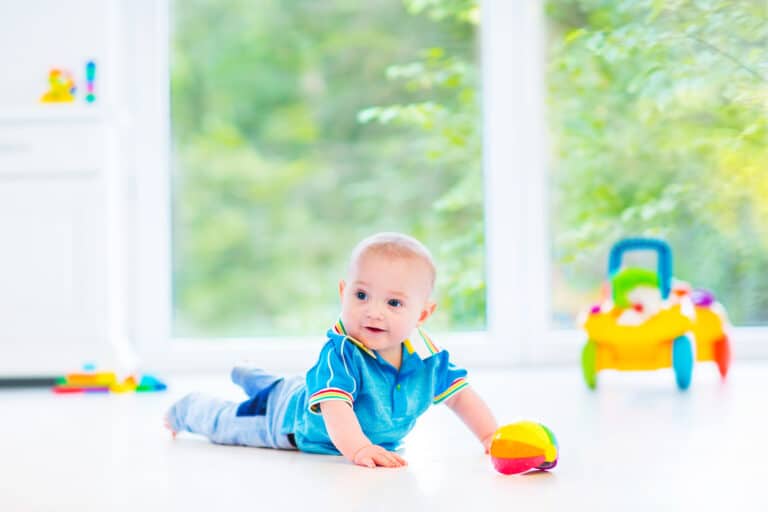
Hypermobility in children
While most children tend to be more flexible than most adults, some children are particularly bendy. This increased flexibility means a child’s joints move more than is usual and is termed ‘hypermobility’. Children and adults with hypermobility are often described as ‘double-jointed’. For some children hypermobility does not cause any issues and doesn’t require any




